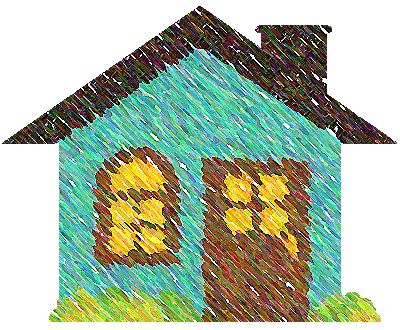In order for us to love our neighbors as ourselves we need to be able to put ourselves in their shoes. Maybe walking into a church sanctuary stirs up a reservoir of anxiety from past church experiences. Maybe someone has practical needs that must be met before they can wrestle with deeper spiritual matters.
As we explore the Art of Empathy, let us recognize the difference between Empathy and Sympathy. Sympathy is feeling pity and sorrow for someone else’s misfortune. Empathy is the ability to go to the place of understanding and sharing another’s feelings. One of these is a response and the other is an artisan's skill.
Check out Brené Brown, Ph.D. on Empathy versus Sympathy.
As Christians, the problem often isn’t that we need more compassionate hearts, rather that we don’t live outside of our church culture enough to actually get to know others. In order to love well, we need to not expect something in return. Picture what no-strings-attached love looks like. If we are genuinely loving our neighbors, then we are not expecting them to come to church, pray a prayer, or perform for us in any way. We are simply the conduit displaying the love of God. Like Paul’s example of working a garden, by planting or watering what is in the ground, while in the end trusting God will make it grow.
1 Corinthians 3:5-7 What then is Apollos? What is Paul? Servants through whom you believed, as the Lord assigned to each. I planted, Apollos watered, but God gave the growth. So neither he who plants nor he who waters is anything, but only God who gives the growth.
Furthermore, we must be mindful of our own limitation. The art starts to develop as we balance being empathic to others’ hurts while maintaining our own healthy boundaries. We can and should be affected by others’ stories. We can and should enter in to be an example of God’s love in their lives. Managing our own lives well and the relationship developed with our neighbors is a healthy way love our neighbors. Again, the art of neighboring dovetails with CitySalt’s SoulCare Ministry.
For more insight into caring for our own boundaries check out this simple video by Dr. Henry Cloud author of “Boundaries”.
Practice:
- Engage with someone different.
- Read a book written by a minority.
- Listen to a radio show or news broadcast from the perspective of someone different (political, racial, age, sexual orientation or religion). Better yet grab coffee with someone different and have a conversation about it.
- Recognize a personal need and ask for help.






